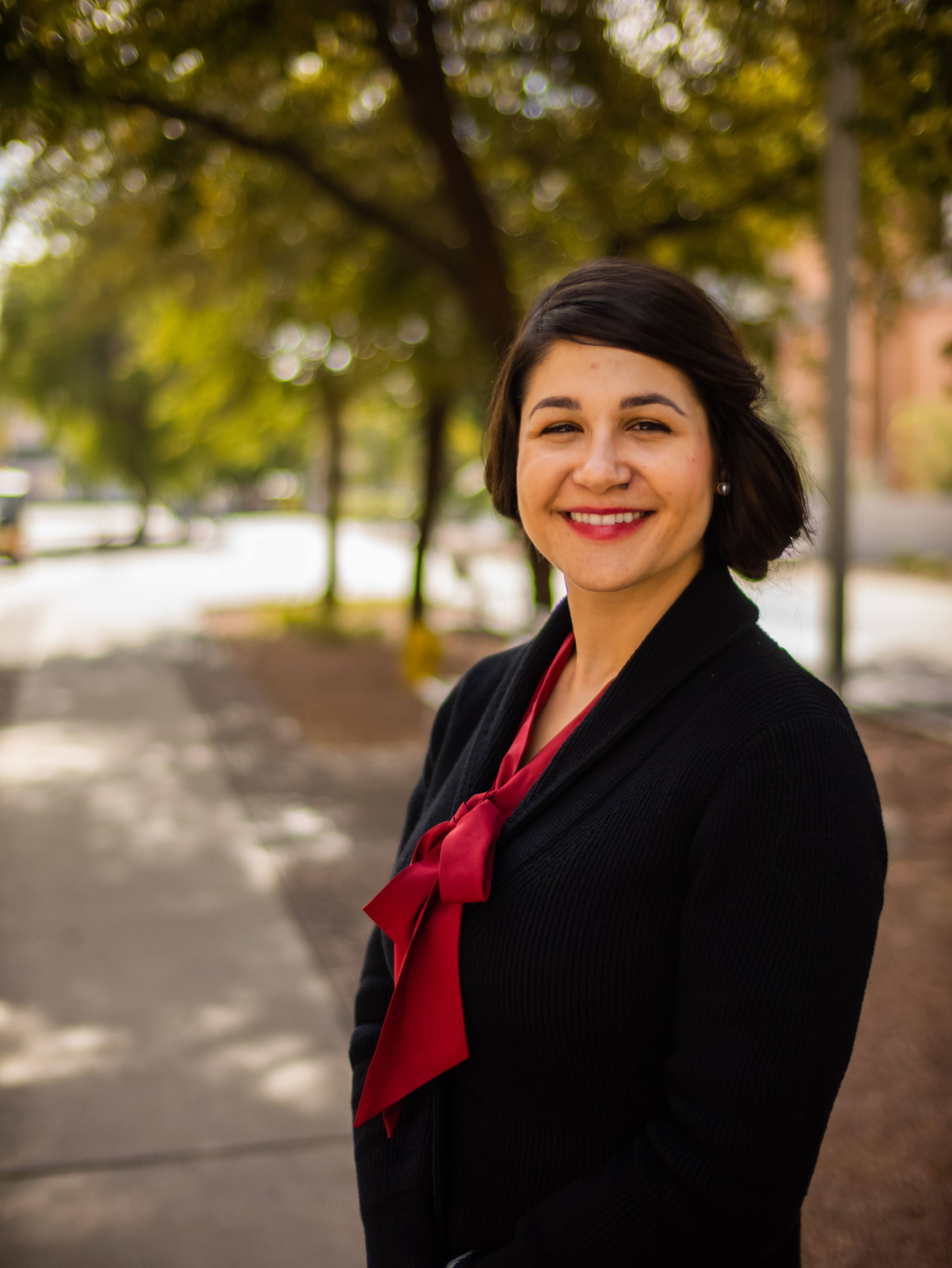New research explores complex puzzle of people's partisan feelings

Photo by Kevin Fitzgerald/Unsplash
New research done in the Arizona State University Department of Psychology suggests that affective polarization in the United States is not as simple as it is often portrayed. While the American political world is shown as being increasingly divisive, such that people tend to like their own political party while loathing the other, this may not paint a complete picture.
Graduate student researcher Adi Wiezel recently published a study in American Politics Research that aimed to unpack the complex puzzle of people’s partisan feelings. Wiezel, a social psychology doctoral candidate with a master’s degree in political science, partnered with fellow PhD candidate John Wagner, a political scientist from the University of New Mexico, to investigate people’s partisan feelings and their relationship to political trust.
“When we talk about political polarization in the affective sense, a lot of what we talk about tends to be this animus or dislike that we have toward the opposite party. So if you're a Democrat, it's how much you'd dislike Republicans and vice versa. Additionally, it is how positive you feel about your own party,” Wiezel said.
Wiezel and Wagner were interested in further understanding the statistical breakdown of the American population in terms of their attitudes toward the different parties. They took data from self-reported Democrats and Republicans who participated in the American National Election Studies in 2016 and 2020, and separated groups based on how they felt toward their own political party, and the opposing political party.
“A traditional theory of affective polarization focuses on party affect — or how warm you feel toward your own party and how negative you may feel about the opposite party. These things are thought to operate in conjunction, suggesting you should be high in both ‘out-party’ animus and high in ‘in-party’ affinity,” Wiezel said. “We started by categorizing people into four quadrants of positive and negative feelings towards their own party and the opposite party.”
Unsurprisingly, a large majority of participants indicated liking their own party and disliking the opposite party; however, Wagner and Wiezel also found a large group that disliked both parties, and a small minority that indicated liking both parties. This did not vary by political party; these types of partisan feelings existed among both Democrats and Republicans alike.
ASU graduate student researcher Adi Wiezel recently published a study in American Politics Research that aimed to unpack the complex puzzle of people’s partisan feelings.
The researchers then analyzed respondents’ level of “political trust,” or how much trust they had in the American government. They found that people with positive feelings toward both their own and the opposite political party (“double-likers”) reported higher levels of political trust, and those with negative feelings toward both the opposite and their own political party (“double-dislikers”) reported lower levels of political trust.
Additionally, Wagner and Wiezel looked at how these partisan attitude groups changed over recent time, between 2016 and 2020. The number of classically polarized partisans, or people who liked their own party and disliked the opposition, increased in number over time. However, people who liked both parties increased in their level of trust over time, as well.
Related: New master's program trains students to understand motivations in politics
“I think these findings are important because if we see an increase in animus between people, it really helps us to understand what kinds of feelings that negativity is paired with. Is it always paired with me liking my own party? Is it not? Do those people behave differently and trust governmental institutions differently? Because that might also impact whether they're more likely to follow laws and whether they're likely to turn out to vote,” said Wiezel.
“Having this more nuanced understanding of people's affective relationships can potentially help bridge some of these gaps down the line”
More Law, journalism and politics

A new twist on fantasy sports brought on by ASU ties
A new fantasy sports gaming app is taking traditional fantasy sports and mixing them with a strategic, territory-based twist.…

'Politics Beyond the Aisle' series to explore the stories of public officials
In an effort to build a stronger connection between students and political and civic leaders, Arizona State University’s School…

ASU committed to advancing free speech
A core pillar of democracy and our concept as a nation has always been freedom — that includes freedom of speech. But what does…


